As leaders and managers in the rapidly evolving game development industry, we find ourselves expending a considerable amount of energy identifying issues, devising suitable solutions, implementing them, and guiding our teams. The terrain of our profession is in a perpetual state of flux, from shifting markets and marketing strategies to evolving genres and user expectations. In light of these constant changes, we must adapt not only our strategies and processes but also ourselves – our habits.
Mahatma Gandhi once said, "You must be the change you want to see in the world."
Throughout my career and life, this has become one of my guiding principles. We, as individuals, are products of our habits. This is why, for many years, a crucial part of my daily routine has involved the deliberate alteration of habits that help me become a better version of myself in various aspects of life.
Why this Matters to me, myself, and I
Any goal, whether in our professional or personal life, becomes achievable when we have a clear understanding of why it matters to us. To answer this question, we must be brutally honest with ourselves, being vigilant for any "I should" or similar thoughts. When a thought starts with "I should," it often stems from someone else's "I want."
One of the most significant turning points in my life began with an invitation from my boss, an avid triathlete, to join him for a run. Keep in mind that I had never been much of a runner. He suggested we do it just for the enjoyment, a simple 5 km run, nothing more. In my mind, it sounded like "I must" rather than something I genuinely wanted to do. I wasn't particularly keen on the idea, but turning down the invitation again would have been awkward.
However, what intrigued me was the challenge of pushing my limits. Could I run farther than I had ever run before, perhaps 10 km? That internal challenge became my personal "I want" – I wanted to see if I could do it.
On the other hand, despite numerous offers to try cycling, it never transformed into my "I want."
This illustrates a crucial point: habit changes driven by advice, trends, or external pressure typically fall under "I must."
Goals as the foundation of change
Many sources discussing habit change often describe a sequence: Trigger -> Routine or Action -> Reward. They propose maintaining the same trigger and reward while altering the routine.

However, this approach might work for passive habits, like curbing social media usage due to boredom, exhaustion, or other triggers. But it's unlikely to help in cases where you want to establish active habits that genuinely transform your life.
For instance, if you aim to reshape your social circle, enhance your physical fitness, or boost your income, merely adjusting routines isn't sufficient. To embark on this transformational journey, should commence with defining a meaningful, mid-term goal that takes several months to attain. It's a goal that shouldn't be too quick to achieve without changing habits, but not so distant that it feels unattainable (Step 0).
The subsequent critical step is securing a small yet significant initial victory (Step 1). This triumph should occur in the early stages of the new process and ought to be something you believe in. It should also provoke the desire to try and see if it works. The significance of this first victory cannot be overstated, as it largely influences your determination and belief in your capabilities on the longer path ahead (Step 3).

Allow me to illustrate these steps with a personal example of mine – giving up caffeine. I had heard numerous times about the detrimental effects of coffee on our daily lives, but it didn't interest me. I was well aware of the many positive effects of caffeine, especially in sports and workouts, and I stuck to those beliefs. However, there came a point when I grew tired of my groggy mornings, hindering me from getting out of bed and starting my day productively. It was then that I revisited the question of caffeine (Step 0).
My wife shared her observation with me: she found it much easier to get up in the mornings during periods when she didn't consume coffee. So, I realized that if I wanted to address my issue of feeling unwell in the mornings, I needed to change my habit of consuming coffee two or three times a day. I defined my quick win as going caffeine-free for a week (Step 1), a feat that would prove that further change was possible. I easily navigated this path, fueled by my "WHY" and "WANT." After the first week, I confidently moved forward, now motivated by my initial victory and the accumulation of days without the old habit (Step 2).
In just a few weeks, I experienced so many positive changes from this new state of being that I'm unlikely to revert to my caffeine habits (Step 3). The first reward I get with every such change - is an increase in self-belief that everything is possible. This is the major source of energy for any further changes you plan to achieve. Specifically in this case I also won a huge fix in my sleep routine and quality, which in the next step gave me a clear understanding of how to manage my recharging routine during the whole week thus keeping myself full of energy all the time.
After the initial victories, goals can vary significantly. They might include collecting "streaks" (maintaining the new habit), sustaining a new status or state, exploring new opportunities, or revealing previously unnoticed aspects of the world around you. At this stage, the process itself becomes increasingly valuable, often surpassing the importance of the end result. If this is not the case, revisit the first stage and once again ask yourself, "Do I want this, or do I feel I should do this?"
Which comes first – the chicken or the egg, action or motivation?
A commonly held belief suggests that significant changes require a substantial reserve of motivation. In my view, you don't need an extraordinary wellspring of motivation to establish a new habit or accomplish other substantial changes. Furthermore, different factors should fuel your motivation at various stages of habit formation.
The initial spark must come from your "I want".
Allowing your desires to materialize and viewing them not just as impulsive goals but as long-desired self-improvement will ignite the initial spark to take that first step. In the next phase, the aforementioned small early victory I mentioned earlier should add motivation and self-assuredness. Therefore, don't hesitate to set a very modest and easily attainable first goal. It should be this way because your brain needs to be convinced that it's not daunting, not difficult, and certainly achievable. Subsequently, the process itself begins to yield regular rewards, despite the challenges and complexities it entails.
So, to initiate habit change or introduce a new one, you must discover your "I want" at its core, formulate a short-term, easily achievable goal from this desire, and a medium-term goal slightly further away while seizing motivation during the initial steps.
Habit as a System
Let’s summarize the fundamental blocks you need to keep in mind when you're going to change your habit and therefore yourself:
- Purpose-Driven Change: Any change, whether in work or personal life, begins with a clear understanding of why it's essential for yourself, not for others. It's crucial to distinguish between "I must" and "I want" because real change hinges on personal desire rather than external pressure. Forcing changes, following trends, or reacting to external pressures often leads to failure.
- Goals as Foundations: To initiate habit change effectively, setting a clear, short-term goal, followed by a slightly more extended mid-term goal, is necessary. This structure makes change manageable, neither too fast nor too slow. Small, significant early victories help boost motivation, thereby making sustained change more attainable.
- Support and Disciplines: Altering or adopting habits is no easy task, and it requires both psychological and physical effort. Environment, rituals, and daily routines may need adjustments. Discipline, especially in the early stages, is crucial. Surrounding yourself with a supportive network, including loved ones, can help reinforce the change process.
- Habits as Systems: Every habit is part of a broader system, either influencing or being influenced by other habits. Changing one habit often triggers a cascade of changes in related areas. Understanding these interconnections can provide valuable insights into habit modification.
- Motivation Evolution: Motivation doesn't remain static throughout the change process. It begins with a personal "I want" that ignites the first steps. The initial, easy wins create a sense of confidence and motivation. Therefore, setting achievable short-term goals is vital in building long-term habits.
Those familiar with the game development industry will recognize many parallels here, as we strive to cultivate habits in our users. We work on activating users through "Aha" moments, then focus on other metrics like Retention D1, D7, D30, and so forth. We also experiment by offering users goals of various horizons and aligning them with their motivations. In this case, you need to do the same, but with yourself.
May the force be with you!
If you enjoyed this article, subscribe to our newsletter to receive future leadership updates. Don't forget to follow the podcast show!
We are working to grow a community of conscious leaders across the industry and beyond.
If you want to join this movement, please share the Rise and Play content with other conscious leaders, because we have so much more we can learn from each other.
Article written by our guest author Alexander Lubchenko
Photo by Milad Fakurian on Unsplash




















.jpeg)



